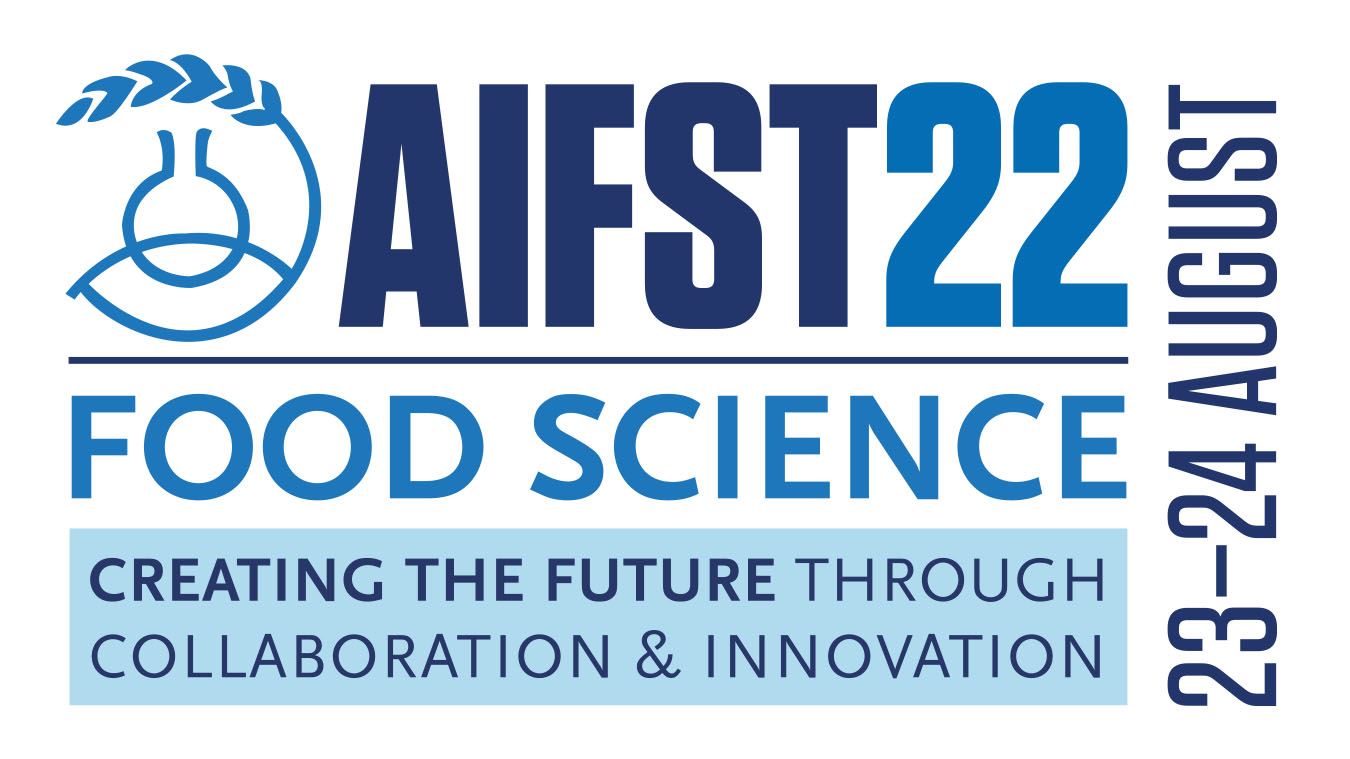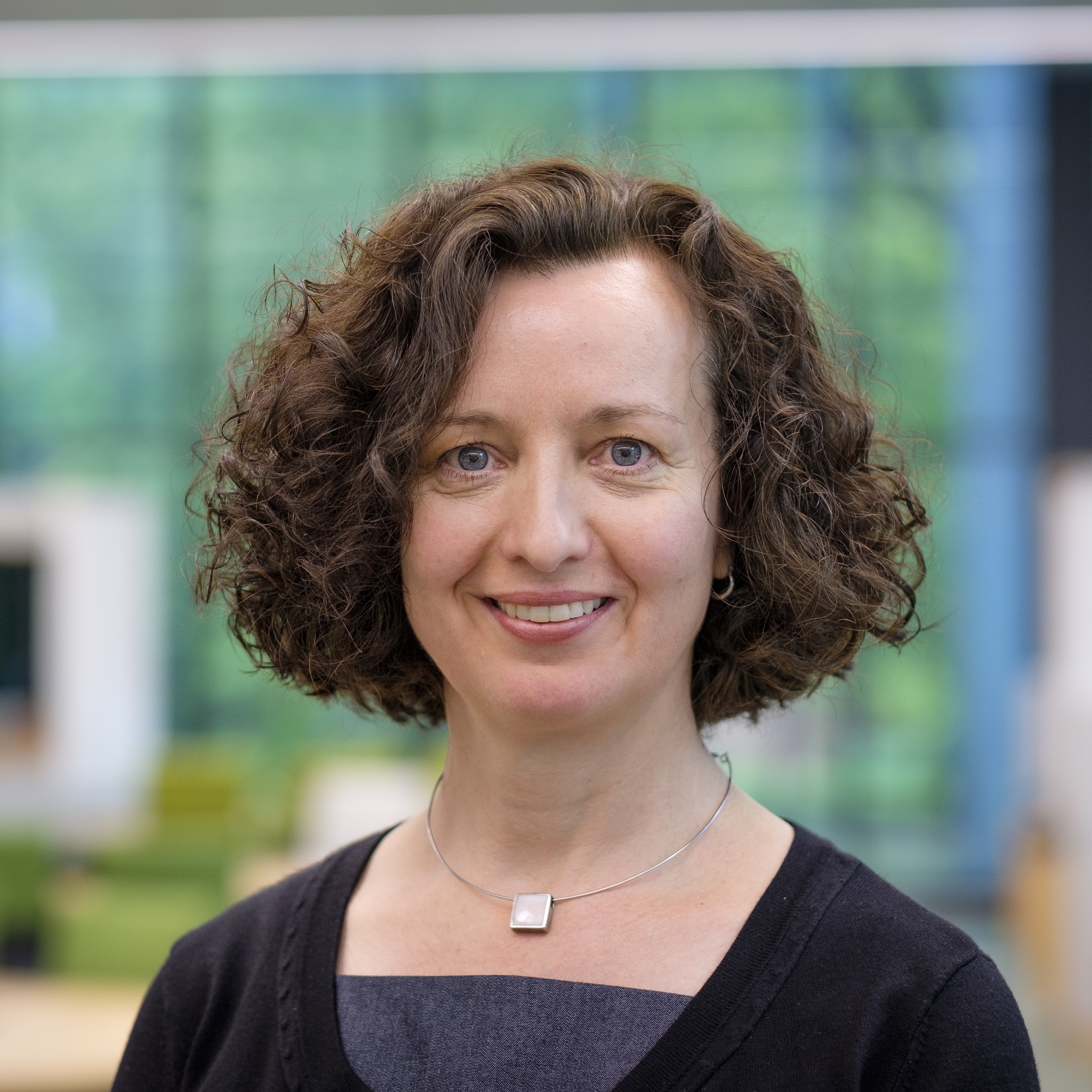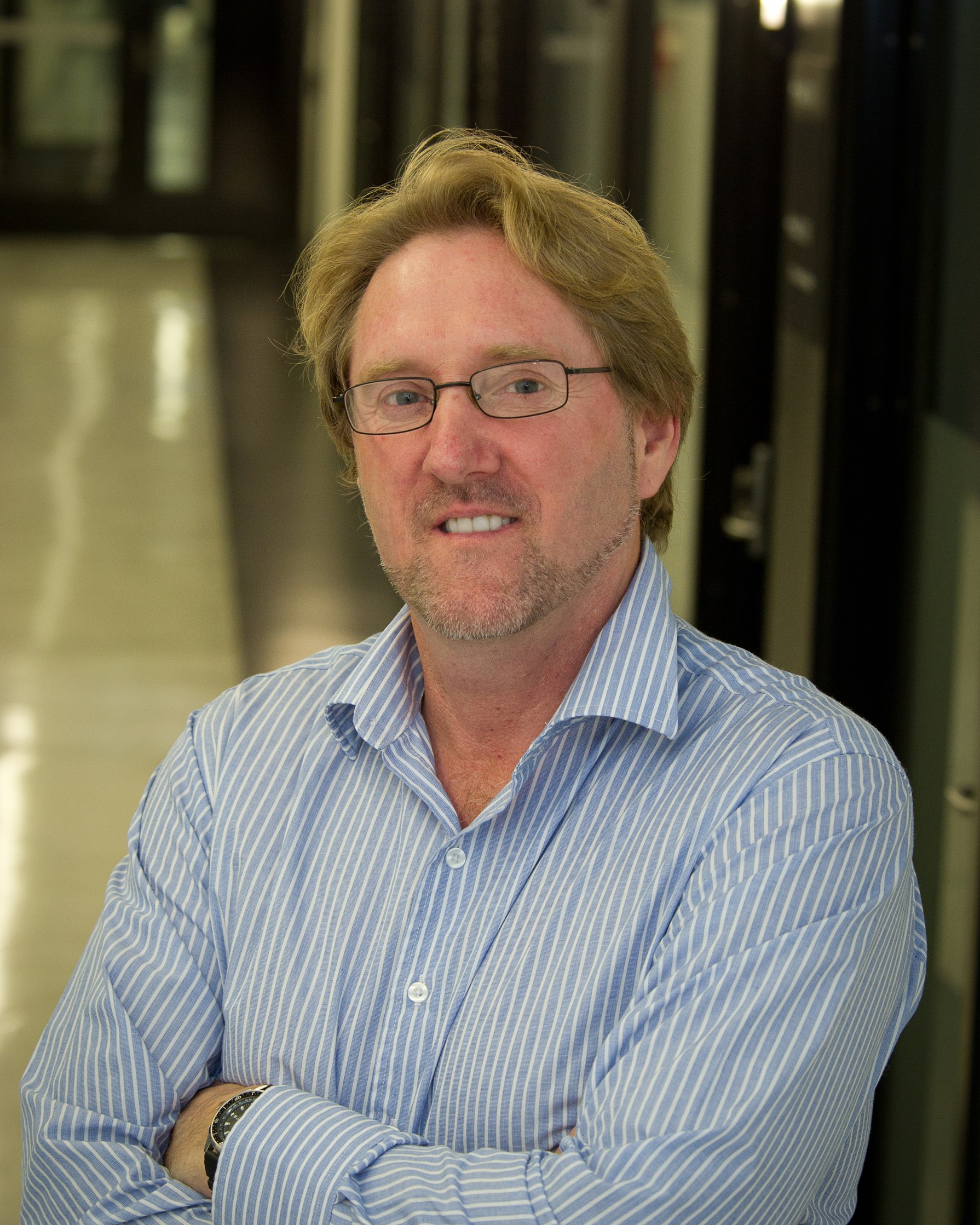2022 Convention - Day 2: Plenary speakers
- Home
- 2022 Convention - Day 2: Plenary Speakers
2022 Convention Program Day 2 - Wednesday 24 August 2022
Featured Keynote Speakers : Plenary Session |
| Dr. Rachel CareyUniversity of Melbourne - Senior Lecturer in Food Systems Topic: Strengthening the resilience of food supply chains in a world of shocks and stresses About: Dr Rachel Carey is a Senior Lecturer in Food Systems at the University of Melbourne, where her teaching and research focuses on food policy and the governance of sustainable, resilient, healthy and equitable food systems. Rachel has a particular interest in the resilience and sustainability of food systems in the context of increasing shocks and stresses to food supplies. She leads the Foodprint Melbourne research project, which aims to strengthen the resilience of Melbourne’s food system to shocks and stresses related to climate change, pandemic and global geopolitical shifts. Rachel has worked on the development of food policies for the City of Melbourne and the City of Greater Geelong. Rachel has a PhD from the University of Manchester and an MSc in Food Policy from City University, London. She sits on the Advisory Committee to the UNESCO Chair on Food, Biodiversity and Sustainability Studies is a member of the Editorial Board of Agriculture and Human Values. Presentation Overview: Food supply chains are increasingly being affected by shocks and stresses related to climate change, the COVID-19 pandemic and global geo-political shifts. The compounding effects of these multiple shocks and stresses are leading to rising food prices and growing food insecurity in Australia and globally. This presentation will explore the impacts of recent shocks and stresses on Australia’s food system and will consider the role of food science and technology in strengthening the resilience of food supply chains to future shocks and stresses. Contact Details:
|
| Prof. Michelle ColgraveCSIRO - Future Protein Mission Leader Topic: A glimpse into the protein future About: Michelle Colgrave is a Professor of Food and Agriculture focusing on protein innovation. She leads CSIRO's Future Protein Mission, a multidisciplinary research initiative that will transform our food systems. The mission is centred on principles of sustainable growth delivering high quality, affordable and nutritionally optimised protein for Australia. It will develop protein-based industries (including traditional protein, plant-based protein, insect and microbial protein) along the value chain from production to the customer, delivering premium protein ingredients and products, addressing the rapid growth of the protein-based sector.Presentation Overview: To feed the global population of the future, we will need to produce food at a greater scale, and more sustainably, than today. To meet that gap, well need to derive even more protein from traditional sources (meat, dairy, eggs, seafood, plants) in addition to protein from emerging but complementary sources (yeast, fungi, algae, insects). In this presentation, we will take a look into the crystal ball exploring what is happening around the world, and what is coming to our plates into the future. Contact Details: |
 | Dr Jennifer Lacy-NicholsUniversity of Melbourne - Research Fellow Topic: Food system corporatisation: power, politics and the future of food About: Dr Jennifer Lacy-Nichols is a Commercial Determinants of Health Research Fellow, whose program of work focusses on corporations, politics and health. Jenn’s current portfolio of work focusses on the development of methods to systematically monitor the political practices of corporations. Her research interests include corporate power, commercial political practices, corporatisation of the food system, privatisation and equity, and the political benefits of corporate social responsibility. Her research is driven by a concern that a small number of powerful commercial actors and individuals control a disproportionate amount of the world's resources, and their activities often drive poor health and health inequities. Originally trained in anthropology, she takes a methodologically diverse approach to this research portfolio, including qualitative case studies as well as more empirical assessments of the broader patterns of activities over time. Jenn completed a DPhil at the University of Melbourne in 2019 that analysed the soft drink industry’s political strategy to position itself as ‘part of the solution’ to obesity. Her subsequent research has continued to explore the theme of corporate co-optation and the risks and limitations of corporate 'harm minimisation' strategies and efforts to involve business actors in public health governance. Jenn regularly supervises postgraduate research projects and is active in mentoring and leadership programs. Presentation Overview: The global food industry is made up of millions of actors, ranging from small farmers and cooperatives to transnational corporations and conglomerates. Most sectors of the food system are dominated by a small number of transnational corporations wielding immense market and political power. These ‘Big Food’ corporations are increasingly held accountable for obesity, diabetes, the climate crisis, and other wicked problems of the world. Dr Lacy-Nichols will discuss how Big Food corporations are responding to these wicked problems, and the opportunities and risks this presents for public health and sustainability. Contact Details: |
| Prof. Colin BarrowDeakin University - Professor Topic: Food Technology as a means to improve Australia's food supply chains. About: Dr Colin Barrow is Alfred Deakin Professor and Chair of Biotechnology at Deakin University. He is Program Leader for the Marine Bioproducts CRC and Deputy Director of the ARC Centre for Green Chemistry. His research is focused on marine biotechnology and green chemistry in manufacturing. Professor Barrow has a Ph.D. in chemistry and an MBA, more than 350 peer-reviewed publications, several patents, and has presented at numerous conferences and workshops. He has served as a member of the Expert Advisory Committee for Canadian Natural Health Product Directorate (NHPD), the TGA Advisory Committee for Complementary Medicines and is a founding member of International Society for Nutraceuticals and Functional Foods (ISNFF). Professor Barrow has two joint laboratories in China, one at Qingdao University and the other at Yunnan Minzu University, where he is a Guest Professor. Presentation Overview: Australia aims to improve food security through improving food supply chains. This requires a Circular Economy approach that improves productivity and traceability, while also decreasing emissions. This presentation will discuss some of the technological challenges and initiatives in this area. |





.jpg)

